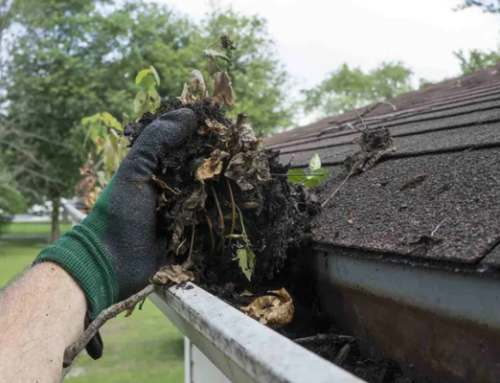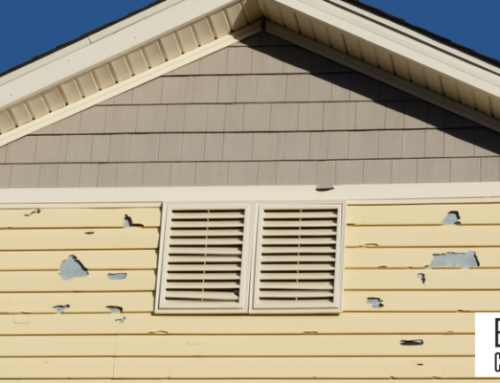Extreme weather conditions such as storms, tornadoes and hurricanes can have adverse effects on affected areas. Some of the effects of a storm are felt long after the disaster has occurred. Floodwaters can, for instance, flow into your home and remain stagnant after the area has experienced flooding. You want to keep away from this water as much as you can. This is because apart from it being an obvious nuisance, it can have other various risks as well. The following are some of the dangers that standing flood water from a storm can have…
Injuries From Sharp Objects
Following a storm, household items may get scattered all over the place. This includes even sharp items such as knives or nails. Glass objects may also break leaving behind sharp glass pieces. Due to structural damage, broken wood may have exposed splinters. If the storm brought water into your home, some of these harmful sharp objects are likely to be submerged in the water. If not visible, walking through this water will put you at the risk of stepping on sharp objects. Serious injuries can come from unseen sharp objects piercing the skin.
Electrocution
Apart from structural damage, electrical damage is another major result of a storm. As such, fallen power lines are a high possibility. If power lines come into contact with the stagnant water in your home, the water will have an electrical charge. Electrocution becomes a major threat in such a situation! Having your power on after the storm can also cause floodwaters to get charged, causing an electrical hazard. To ensure that you are safe, you may have to call in an electrician to disconnect all the power in your home. Do not attempt to do this on your own or fix any electrical issue, especially anywhere within the flooded area. If you get electrocuted, call an ambulance and get to a hospital quickly.
Harmful Chemicals And Other Toxins
Floodwaters can pick up a lot of substances along their path, including dangerous chemicals and other toxins. They may get spilled from containers or leak from items such as car batteries. Traces of lead, arsenic, and pesticides have all been reported in previous floods.
Keep in mind that this is the same water that will find its way into your home and cause problems. These chemicals can easily get introduced into your body when you get into contact with this water. This can bring about health complications on your skin and even inside your body. You should try and use protective clothing if you suspect that the standing water in your home is contaminated.
Dangerous Creatures
Even animal homes get destroyed during a storm. As displaced insects and animals look for somewhere to take refuge, the standing flood water in your home might make the perfect new home for them. Depending on the location, some of them, like snakes, might be dangerous. Since the flood water may be foggy due to dirt, you may not notice them hiding there. You, therefore, need to exercise caution to avoid getting bitten. Flooded areas also provide a conducive environment for mosquitoes to lay their eggs. A spike in mosquitoes and their related illnesses may therefore be noticed after a storm.
Waterborne Diseases
Due to the heavy rainfall that usually occurs during a storm, sewage systems are likely to get flushed out. Flood water will therefore be contaminated by sewage water. As a result, all forms of bacteria from the E.coli bacteria to staphylococcus, salmonella, and many others may be present in the stagnant flood water in your home. You therefore face the risk of contracting bacterial infections and other waterborne diseases when you get into contact with this water. This is especially true if you eat or drink afterward without washing your hands. This water should also not get into contact with items such as toys and clothing as they may transfer these bacteria to their users.
Summary:
It might be tempting to try and access your home even after it has been flooded. This is, however, not a good idea as you will be exposing yourself to the aforementioned dangers. If possible, it is best that you stay away. Have experts take a look before you go back in.






